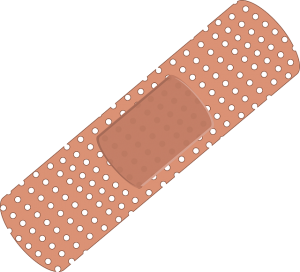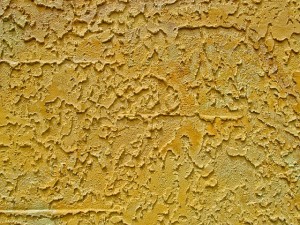1. past, over, gone, finished, done with [adjective] [‘foor-bij‘] 
“Voorbij” is a versatile word, you can use it in different contexts.
In this first context, a certain feeling of melancholy is inevitable. Check out this video of Dutch icon André Hazes (check out the lyrics here), regretting the break-up with his (ex-) girlfriend…
Examples:
– “Na Oranje, is het EK nu ook voorbij voor de Turken…balen!”
(“After the Netherlands, the European soccer championship tournament is now also finished for Turkey…bummer!” Lit.: “…for the Turks…”)
– “Een x-aantal jaren zijn nu voorbij, maar er is eigenlijk niks veranderd…”
(“Several years have passed now, but nothing has changed really…” Lit.: “Several years are past now…”)
– “Heb je nog een afspraakje gehad met Linda?” – “Nee jongen, dat is voorbij, ik heb een blauwtje gelopen.”
(“Now did you have that date with Linda?” – “No dude, that’s over, she turned me down.”)
Expressions:
– “Voorbije tijden”: bygone times.
Related words:
– “Over”: over.
– “Aflopen” [verb] [liep af, afgelopen]: to (come to an) end, to finish.
– “Einde” [noun] [het einde, de eindes]: end.
2. past, by, beyond [adverb] [‘foor-bij‘] 
You can use “voorbij” as an adverb to indicate that something/someone has passed a certain (physical) location or certain point in time.
Examples:
– “Kunt u mij vertellen waar het postkantoor is?” – “O, daar bent u net voorbij.”
(“Can you tell where the post office is?” – “Oh, you’ve just passed it.”)
– “Heeft ze weer zo’n bui?” – “Ach, dat gaat wel weer voorbij…”
(“Is she having one of her moods again?” – “Ah well, it’ll blow over…”
Related words:
– “Verder” [adjective/adverb]: further, farther.
– “Achter” [preposition]: behind.
– “Terug” [adverb]: back.
3. beyond, past [preposition] [‘foor-bij‘] 
Examples:
– “De raket ging voorbij het doel.”
(“The missile went past the target.”)
– “Frank, doe niet zo betweterig, dat soort onderzoek doen we niet want dat is voorbij de scope van dit project!”
(“Frank, don’t be such a pedantic, we will not perform that kind of research because it’s beyond the scope of this project!”)
![]()




 Een “pleister” is what you put on small wounds to stop them from bleeding. When the wound is larger, or after surgery, the wounds are protected by bandages, which are translated by “verband” (singular). A second meaning of “pleister” is explained below.
Een “pleister” is what you put on small wounds to stop them from bleeding. When the wound is larger, or after surgery, the wounds are protected by bandages, which are translated by “verband” (singular). A second meaning of “pleister” is explained below. Another meaning of “pleister” or “pleisterwerk’ is stucco.
Another meaning of “pleister” or “pleisterwerk’ is stucco.